If you are someone preparing for an exam, ANY exam, you should read this article.
Read this article. Period.
There are various strategies students apply to crack the exam they are preparing for. You might watch videos, take help from your teachers, seniors, etc.
And it IS IMPORTANT to have a strategy in place.
But that is not what this article is about. (I’ll talk about it later ?)
This is about the areas where STUDENTS GO WRONG
(and most students do!).
As much as you need to have the right strategy, you also need to know where you could go wrong.
Table of Contents
- You Don’t Plan Ahead
- Studying for the Exam and Not to Learn something New
- Burning out in the beginning
- Not solving Mock test papers
- Burning the midnight oil
- Procrastination
Trust me! I have made almost all these mistakes. What did I do?
I fell, dusted myself off, and then continued.
That is why, I want to give you a One-Stop Solution.
All the mistakes you will be prone to making when you are studying for an exam is covered here.
So, let the preparations begin.
#01 You don’t plan ahead
If you have read my previous articles, I am a sucker for planning and productivity. I always used to assume that students make study plans before studying. But, boy was I wrong!
That is why I wanted to include this first.
Now, you need to have two plans :
- A rough plan at the start of the academic year/semester.
- A detailed plan before starting your study leave.
PLAN 1
When you are at the start of the year/semester, you need to have at least a rough plan in place.
Let me tell you what I do. At the start of the course, I have a rough plan. This includes how many chapters/subjects have to be completed in a certain number of months.
Now for most of us, preparing for an exam means attending lectures.
So, I divide up the rough plan into two parts –
- The timetable of the classes/school/college
(i.e. which chapter/subject will get completed when?) - My self-study timetable
This is just a rough timetable that you should prepare so that it keeps you on track and you don’t get too carried away by attending the lectures, that you are unable to do self-study.
PLAN 2
The best time to prepare a detailed study plan for the entire period of study leave would be when you finish with your lectures.
It can be for a month, 3 months, or 6 months depending on the exam you are preparing for.
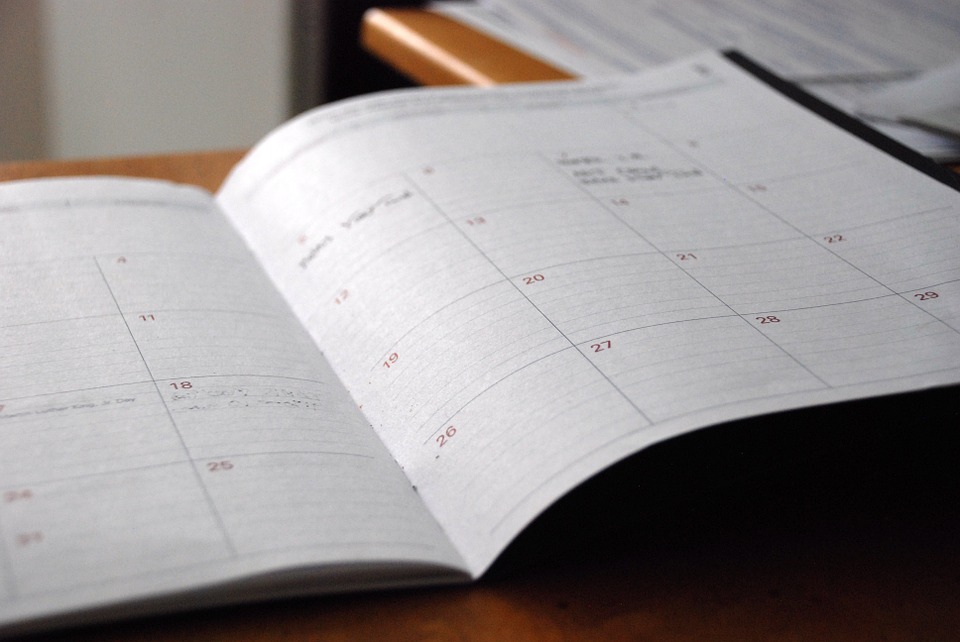
The plan should involve the following columns :
- Year, Month and Day
- Subject to be done
- Chapter to be done
- Whether completed?
- Spill-over (this means the portion of the study that you could not complete on that particular day)
Many students find this time-consuming and a lot of work. But you must understand that making a dynamic plan like this, is going to help you effectively manage your time.
You will know exactly how much time you have left. And as you progress towards the exam date you will gain more confidence in writing the exam.
“Good Planning is Half the Battle Won”
I would also like to share a few tips which I use while making my study plans:
- Schedule sufficient breaks while studying.
(I study for 45 minutes and take a 5-minute break, but you can always devise a method that suits you) - Leave a few days in your plan blank so that you have time to cover-up your spillover
(I would keep Friday blank to complete my spill-overs) - Don’t forget to keep time for recreation
(Because all work and no play makes Jack a dull boy) - If you estimate a certain number of hours to complete a particular topic, always schedule 120% of the time.
This will give you enough time to complete the concept thoroughly, without being worried about not completing the plan.
So, if you haven’t already planned, it’s Never too Late to Begin.
Take a piece of pen and paper and start jotting down your study plan.
#02 Studying for the Exam and not to learn Something New
This is a very common mistake students make.
When you only study to pass the exam, you are not going to be able to answer the out of the box questions.
Only when you have a detailed understanding of the concept, will you be able to answer the paper well.
This is one of the reasons.
There is a much larger reason.
I want you to go back to the time when you were enrolling for the course.
What made you decide you wanted to become an expert in XYZ
(whatever is your area of focus)?

Was it just because you wanted to earn money?
Or because your peers were enrolling for the course?
Or was it because it was something in trend and everyone was pursuing it?
I’m sure it was not.
If you are in school, ask yourself.
Why are you studying, what you are studying?
Is it because your teacher said so?
Or is it because you have to?
FIND YOUR WHY!!
And once you do, you will never have a problem studying.
If you study with the sole objective of passing the exam, I’m sure you will pass. There isn’t a doubt.
But you would not have added value to anything, once you have completed it.
What differentiates human beings from animals?
We all evolved from the apes right ? But what makes us so different?
It is the ability to learn and ADD VALUE to the world.
If your knowledge is not put to use, it is of no good.
Sorry for being so harsh, but you might as well quit!
When I decided to become a Chartered Accountant, I was passionate about micro-managing people’s finances so that their money works for them.
So that they can enhance their wealth without actually doing a job or running a business, but just by making smart decisions.
So, to reiterate, Don’t study to clear; Study to inspire!
Find your passion. Find your Vision. Find your Why.
And you will realize, clearing the exam is just a formality, you need to prepare for something much bigger, something much more difficult to accomplish.
#03 Burning out in the beginning
When your study leave begins, you might get all excited and dive into your curriculum, head first.
Now what happens is, during the initial days you study for around 8-10 hours because you are very charged up. And then after a week or so, you become exhausted and take a break altogether.
This is called a burn out.

You should plan in such a way that, initially you are studying for 3-4 hours which gradually increases.
This is because when you have finished attending your school/college, you are not already in the habit of studying for long hours. That is why you need to gradually get into it.
Buddha said, “A jug fills drop by drop.”
Therefore, you need to be consistent in your studies, rather than burning out on one day and not studying at all the next.
I know, there are some days when you just don’t feel like sitting in front of your books.
And that’s okay!
It’s completely fine to take a break once in a while. But don’t get into the habit of resting for more time than you have studied.
Some of the ways you can make sure that you remain consistent are:
- Don’t plan to accomplish too much in one day.
- Study at least two different subjects (preferably which are not related to each other) in a day.
- Plan out different methods of studying.
For example, you can read, write, watch a related video on YouTube, make charts, prepare summaries, etc.
This way, you will not be bored with studying and you will also remain consistent.
#04 Not Solving Mock Test Papers
No matter how much you have studied.
Your fate is decided in those two or three hours which are allotted for solving the exam paper.
That is why it is SO SO important to solve Mock Test papers. This is generally arranged by schools and colleges as prelims.
But for those of you who are giving professional exams like CA, CPA, CAT, CFA, etc. You might have to enroll for a mock test series.
You might not realize this but,
when you are studying, your whole focus is on the upcoming exam.
But when you are writing the paper, the spotlight is on you. This brings in stress, nervousness, etc. which might blank out certain concepts which you might have otherwise revised thoroughly.
Hence, to get a feel of the exam-like environment, it is important to solve test papers.
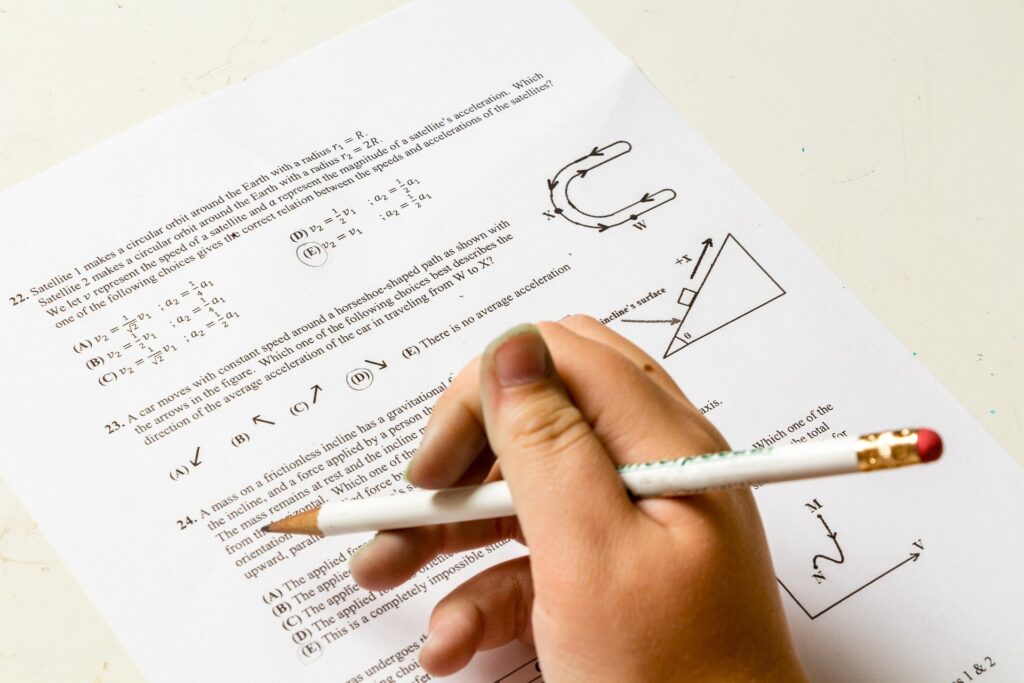
Now, when do you solve them?
My advice would be, you should have completed at least TWO Revisions of the whole portion, before even thinking about mock tests.
That’s right !
Of Course, mock tests are important, but you need to know the concepts thoroughly first.
So, after you have completed two revisions you can go for a complete series of tests.
Some students prefer completing one subject and then giving a paper.
But what happens in that case is that, you don’t have an idea of how much time you will have and how much you can revise a day before the exam.
That is the reason, in my opinion, opting for a test series is a better option.
But hey, if you feel subject-wise suits you better, so be it. As long as you are confident of passing with flying colors.
#05 Not Getting Enough Sleep
If you have read my previous articles you know that you need to have at least 7 to 8 hours of sleep to remain the most productive during the day.
I have talked about it more in the following articles:
10 Tips to have the Perfect Morning
7 habits that have to stop to have a Productive morning
Many students burn the midnight oil, to complete the portion in the quickest way possible!
But that is just not the way it works.
That is why I stress so much about the importance of planning in advance.
When you have a plan in place, you will be getting enough sleep as well as completing your portion in time.
Drowsiness, exhaustion, irritability are common symptoms of inadequate sleep.

Think about it.
What is the point of studying through the night and not sleeping, only to waste the next day?
Again, BE CONSISTENT.
I understand, that you might have to stay up late for one, maybe two nights to complete a particular project or assignment.
But don’t make that a habit.
Getting a good night’s sleep also helps you to retain all that you have studied throughout the day.
It energizes you and you wake up feeling refreshed.
So, don’t become the family pet owl and go get some good night’s sleep.
#06 Procrastination
What exactly is this big fancy word?
It is a habitual or intentional delay of starting or finishing a task despite knowing that it might have negative consequences.
We are all guilty of procrastinating sometime or the other.
In my opinion, students procrastinate the most, in the early stages of their exam preparations.
And towards the end, your confidence dips, you start becoming nervous and begin trying to study too much on one day.
How do we end this cycle?
It’s pretty simple.
Whenever you feel lazy or demotivated while studying, or you feel like delaying learning a particular chapter for the next day.
GET UP, AND LEAVE.
Leave the area of your study immediately.
And after doing that, go for a walk or do anything except thinking about your studies.
Give yourself time to overcome this feeling.

After around 10 to 15 minutes, again think about going back to that study space and ask yourself if you are still willing to let a day’s delay happen?
More often than not, your answer will be NO.
Sometimes when we study, we get into that monotonous cycle of :
Eat, Study, Sleep, and Repeat.
That is why we tend to procrastinate because we want to do something different.
A 10 to 15-minute break relaxes you and breaks this cycle.
If this break does not do the trick, try a little longer.
During this time, you can think about your future goals or talk to a friend or family member.
But remember, don’t start reading a book or watching T.V. because this will just feed into your procrastination.
Don’t use any external sources of distraction, be with yourself and when you feel better, get back to studying.
So, those were the 6 Mistakes students generally make while preparing for an exam.
Be sure not to make them ?
Just as a bonus for all my lovely readers,
here are some pro-tips to help you crack that exam:
- Be confident about your preparations.
Always remember, there is no textbook strategy, build your formula for studying and trust yourself. - When you are solving mock test papers, I know it goes without saying, but time yourself.
Also, not only should you focus on getting the answer right, but also on the presentation of the paper. - Preferably, ask your friend or sibling to check your test paper
(in case you are not enrolling for a professional test series) since in this way the legibility of your handwriting will also be checked. - If you get stuck during the actual exam, don’t worry, take a deep breath,
and the answers will start coming to you. - After the exam, don’t go back and check the answers.
It is not going to change anything.
Rest for a while and start preparing for the next exam.
Now, you’re probably wondering, WHO AM I giving all this great advice?
I would ask the same question. But trust me, readers, I have implemented all the tips that I give you and have gotten very successful results.
I don’t mean to boast, but here are some examples of my success, that I have accomplished by following all that I share on this website :
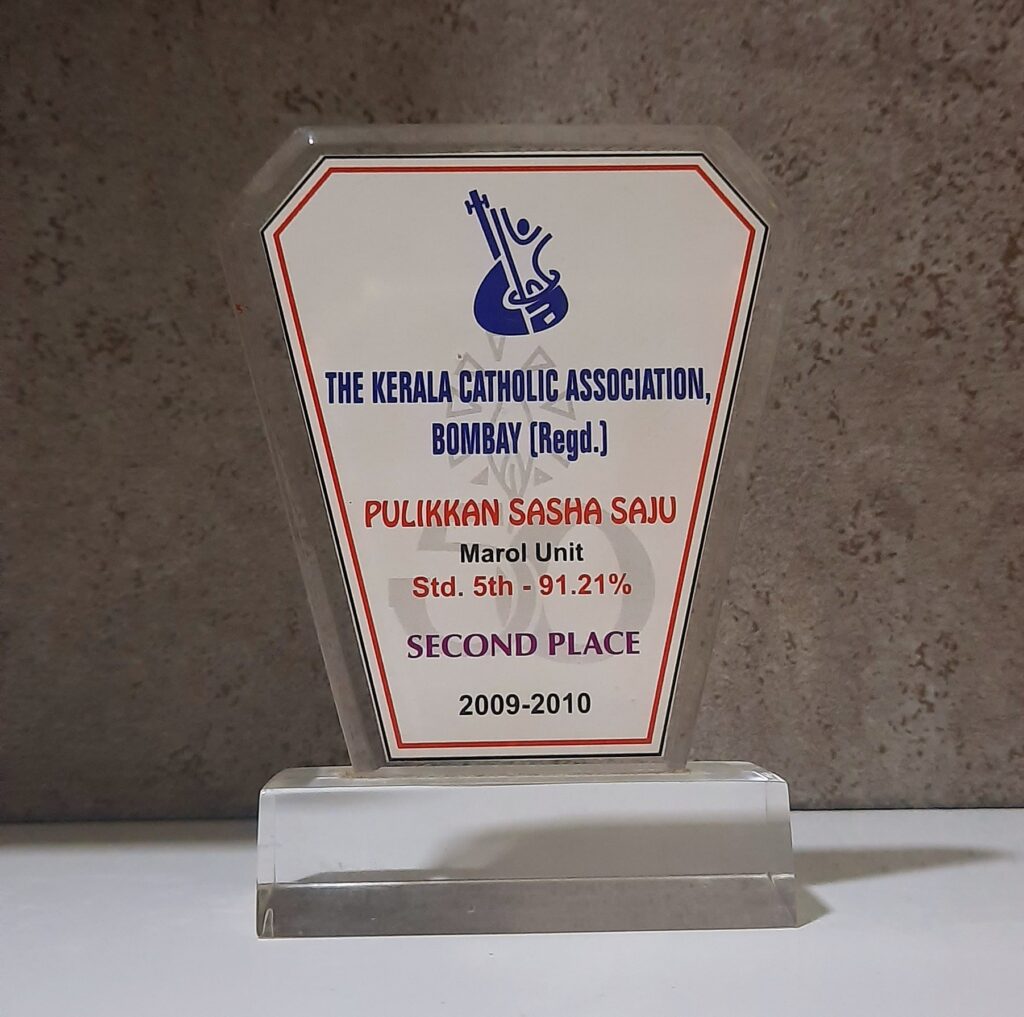
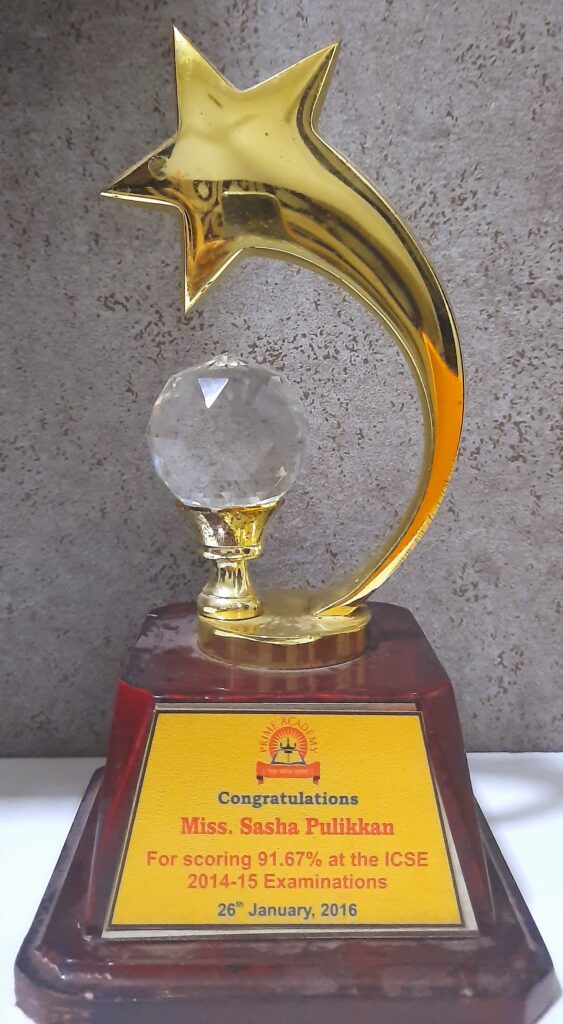
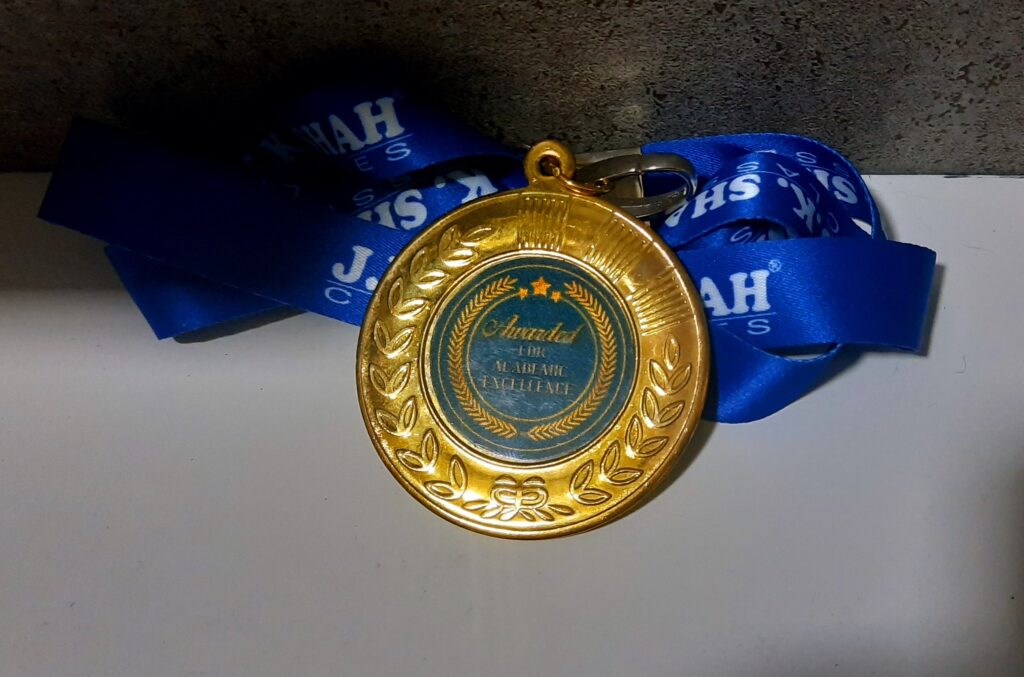
That’s it from me.
I hope this article was helpful. Let me know in the comments section below, which of these mistakes have you made and what did you do to correct them.
Stay tuned for more insightful articles like these.
Until then, Happy Reading ?
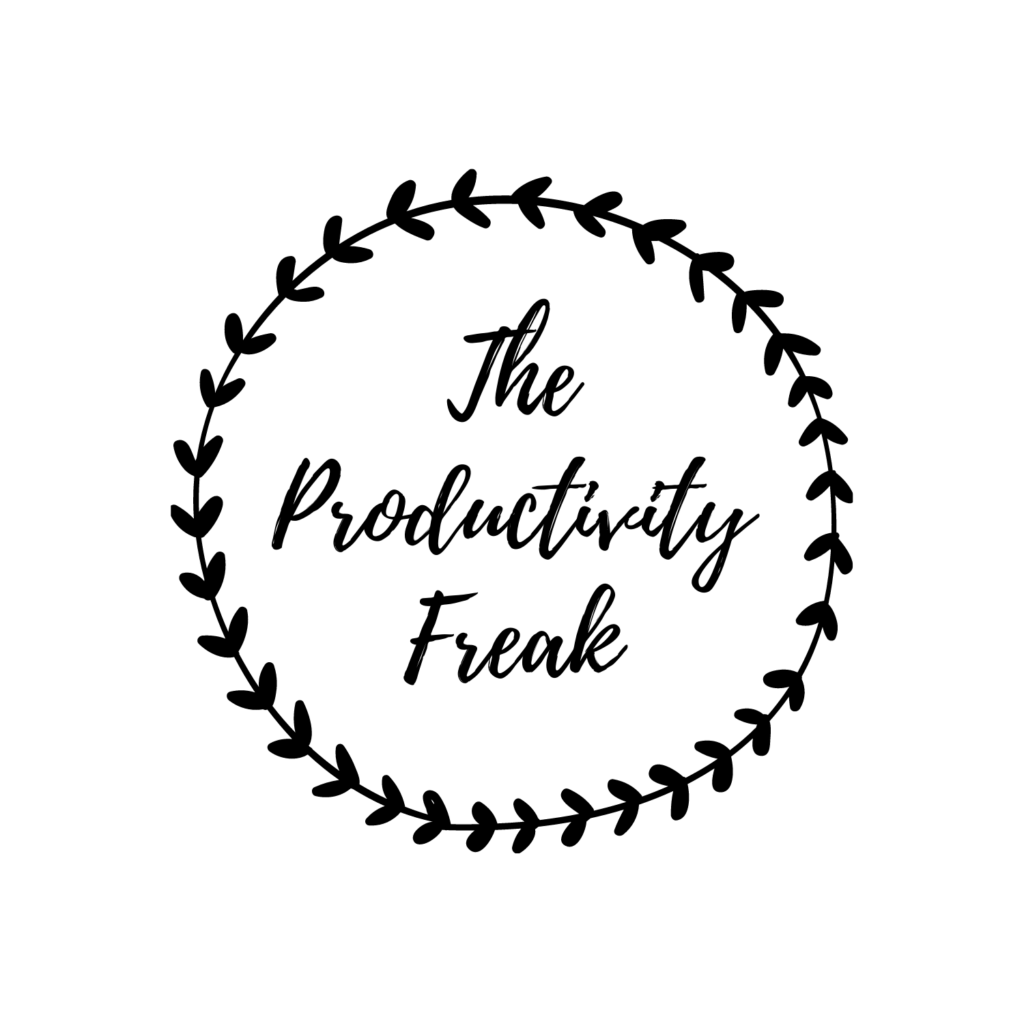
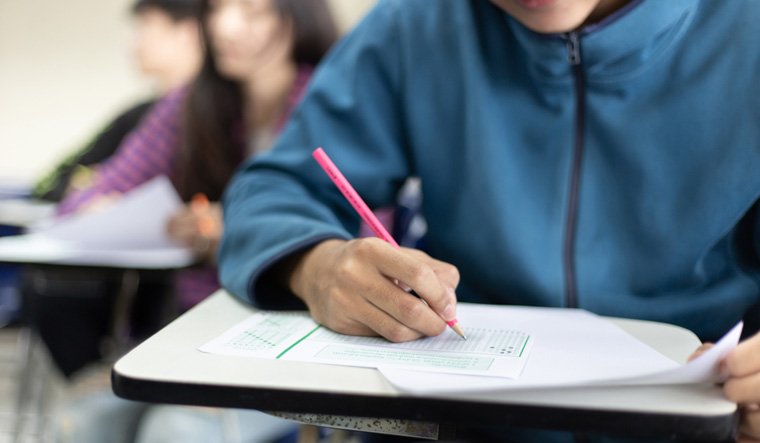



I am a student this article helped me a lot ! Well written!